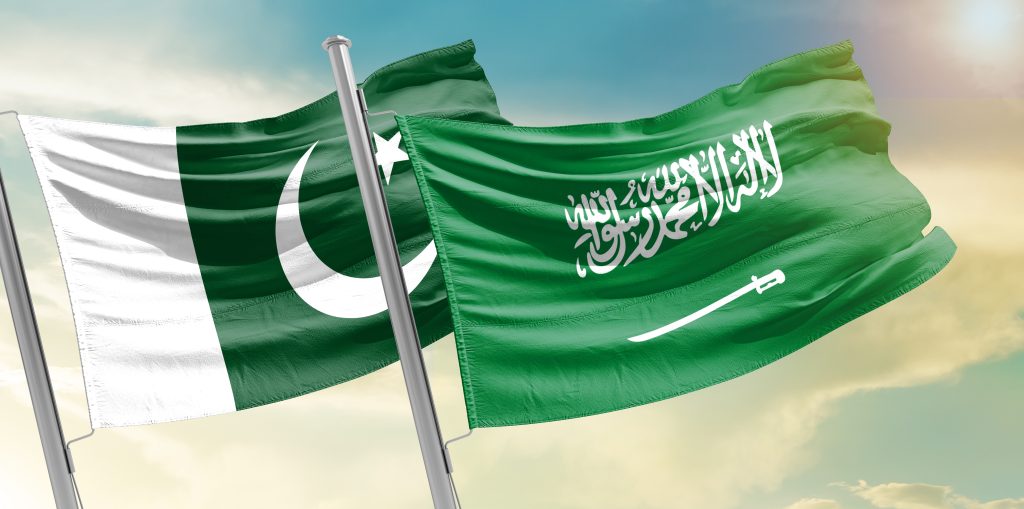Pakistan and Saudi Arabia have come to an agreement on the investment modalities, marking a significant step towards the ratification of a long-awaited free trade agreement with the Gulf Cooperation Council (GCC). The agreement has been in the works for the past 19 years.
A delegation led by Interim Commerce Minister Gohar Ejaz recently held discussions with the GCC’s chief negotiator in Riyadh to finalize the investment segment of the free trade agreement. The goal was to have the agreement approved at the GCC Foreign Ministers’ meeting in Doha. If approved, this will be the GCC’s first trade and investment agreement in 15 years.
The agreed investment chapter will now be presented to the GCC ministers for approval. The resolution of disputes will be done locally within eight months before escalating them to the International Court of Arbitration. This approach allows for mutual settlement of disputes before resorting to international courts.
Pakistan had previously agreed to the free trade agreement with the GCC in September. However, the signing of the agreement was delayed as Saudi Arabia requested the incorporation of an investment chapter, specifically including a protection clause and the provision of the International Centre for Settlement of Investment Disputes (ICSID).
The dialogue between Pakistan and the GCC on the free trade agreement began in 2004, but progress was slow. It was revived in 2021, and technical-level discussions were held to assess the feasibility of finalizing the agreement. The agreement has the potential to significantly enhance Pakistan’s export capacity to the GCC bloc.
In response to Saudi Arabia’s dissatisfaction with Pakistan’s investment template, the template was revised to include three international arbitration bodies for dispute resolution: the ICSID, the Permanent Court of Arbitration, and the Dubai International Arbitration Centre. This revision was necessary to meet Saudi Arabia’s demand for international arbitration.
The updated investment chapter will apply to investments with Saudi Arabia and Qatar, while existing international arbitration agreements with four other GCC countries will remain in place. The provisions of the investment chapter will also apply to future investments with GCC countries.
